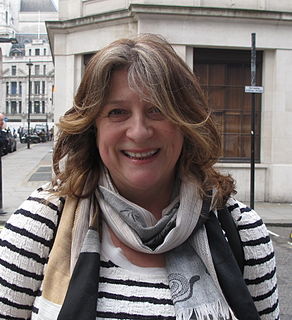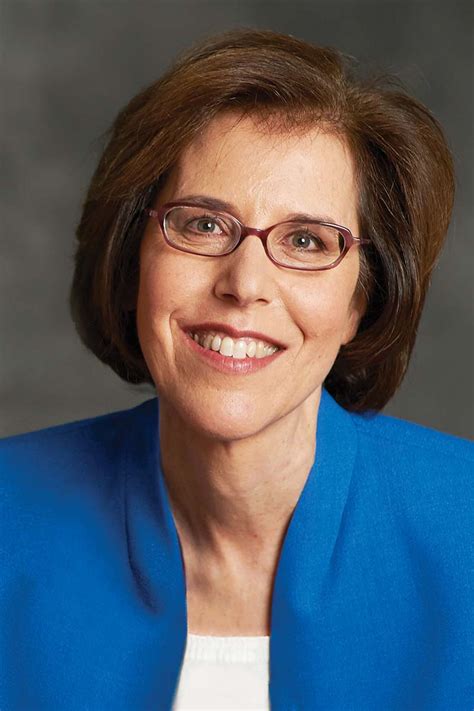A Quote by Siri Hustvedt
When I taught writing classes to psychiatric patients, I met people whose stories of manic highs and immobilizing lows appeared to be textbook descriptions of classic bipolar disorder. I met other patients who had been diagnosed with myriad disorders. No doctor seemed to agree about what they actually suffered from.
Related Quotes
I learned that I suffered from bipolar II disorder, a less serious variant of bipolar I, which was once known as manic depression. The information was naturally frightening; up to 1 in 5 people with bipolar disorder will commit suicide, and rates may even be higher for those suffering from bipolar II.
As a physician who was smoking a pack of cigarettes a day, getting drunk on weekends, stressed out about having 35 patients in the hospital, and not being able to help either them or myself, I had my existential crisis way before I met Maharishi. I did meet him and he was an influence, but I met many other people as well.
My mother was quite poorly. She suffered from bipolar disorder, which at that time was called manic depression. She spent a lot of time in psychiatric hospitals, and my father was away a lot with the RAF and then with his job in civil aviation, so I was raised in part by my sisters and my godmother, Sylvia.
Operating-room errors hold a special terror for patients, if only because they seem like the most avoidable kind of complications. The occasional horror stories of patients who have the wrong leg removed or the wrong knee replaced generate the most headlines, as do tales of patients whose identities are mixed up entirely.
Treatment Plans and Interventions for Depression and Anxiety Disorders provides clinicians with essential guidelines to treat patients in the era of managed care. Seven psychiatric disorders are described and conceptualized in cognitive-behavioral terms. The authors then provided an unusually clear, reader-friendly description of how to assess and treat each disorder with illustrative case examples, and patient forms and handouts. It should prove very useful for clinicians or clinicians-in-training who want to learn how to conduct short-term treatment through an empirically validated approach.







































